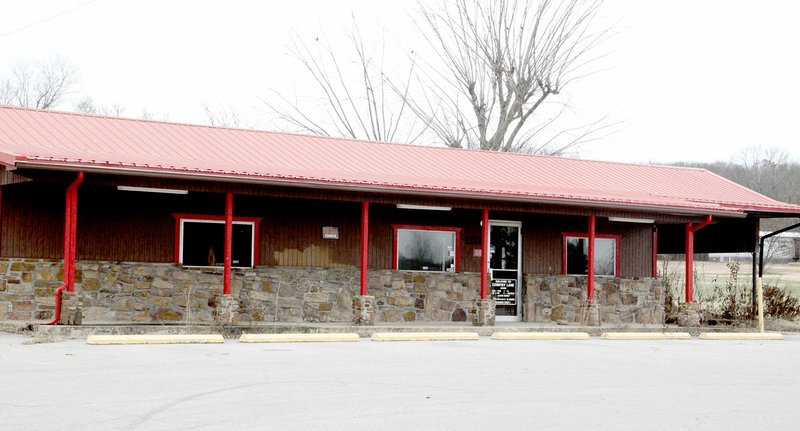PRAIRIE GROVE -- The building that once housed Country Lane Liquor on U.S. Highway 62B in Prairie Grove will be used as a micro-distillery to produce honeyberry and blackberry gin, according to Hare Delafield with Berries Unlimited.
Prairie Grove City Council recently approved a request from the property owner to rezone the property at 15785 W. Highway 62 from agricultural to manufacturing. Delafield has an option to purchase the building and property, contingent on the rezoning being approved.
Delafield said the plant would be a small, manufacturing prototype for a future large economic development project for Prairie Grove.
One resident near the property attended a public hearing about the rezoning request and in answering questions about the project, Delafield said the plant would have normal business hours and would not have much traffic. He said he plans to upgrade the existing building and that it would be "very secure" because of the nature of the product.
Berries Unlimited is owned by Lidia Delafield of Prairie Grove. Her husband, Hare Delafield, is chief financial officer and marketing director. The couple has a 20-acre berry farm located just past the Muddy Fork bridge, off U.S. 62B in Prairie Grove.
Berries Unlimited ships many different varieties of berries throughout the United States. It is the largest exporter of honeyberry plants in Arkansas and the United States.
Council member Dale Reed, who chairs the Prairie Grove Planning Commission, said the commission recommended rezoning the property but there was some discussion that a micro-brewery would be better suited in the "light manufacturing" zone, instead of the manufacturing zone. However, the city's light manufacturing zone does not allow any type of food processing, Reed said.
Reed said city officials might consider amending requirements for light manufacturing in the future so that the distillery property could be rezoned to light manufacturing. If the area continues to develop, neighbors might not want to have larger manufacturing plants coming in next to them, Reed said.
General News on 01/04/2017
